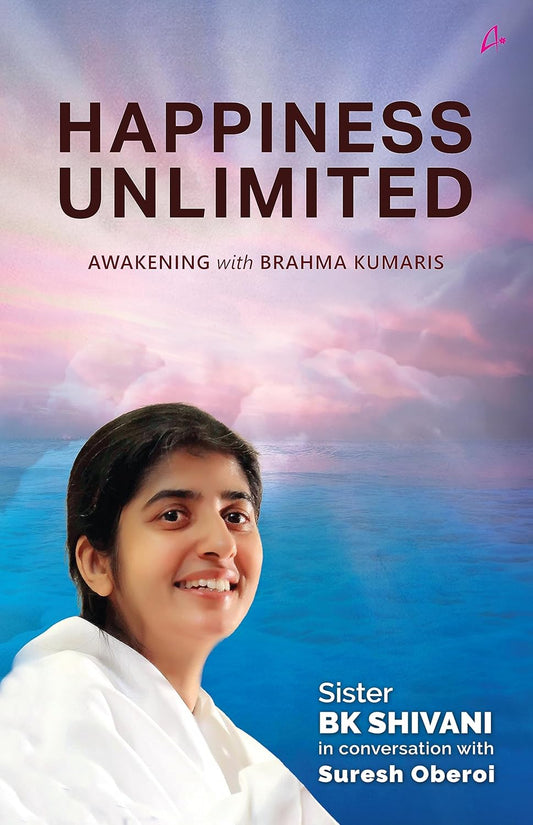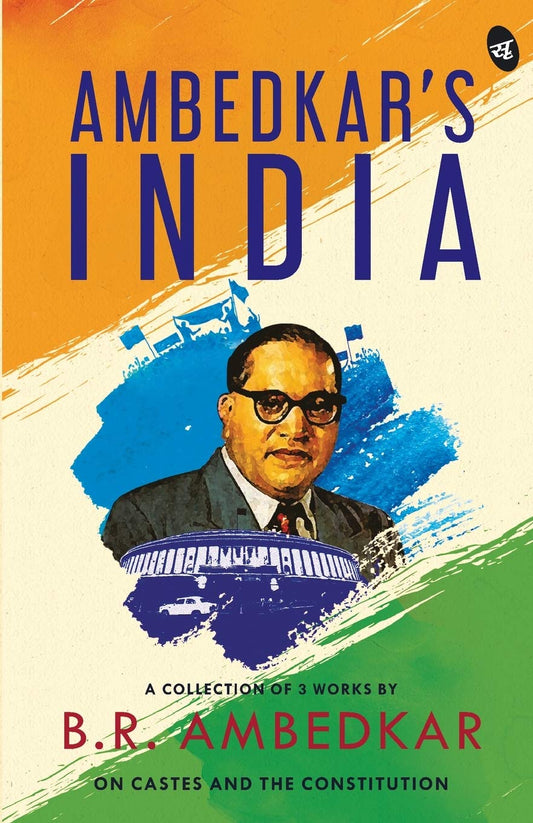Reading is a magical escape that allows us to enter new worlds, gain knowledge, and spark our imagination. But if you’re like many people, you may have found yourself drifting away from reading at some point. It might have started with just a few skipped pages, and before you know it, you realize that you’ve stopped reading altogether.
If you’ve stopped reading books, don’t worry—you’re not alone. There are many reasons why people put their books down, but the good news is that these reasons can be addressed. In this blog post, we’ll explore the common reasons why people stop reading books and offer strategies to help you get back into the reading habit.
1. Lack of Time: Life Gets Busy
One of the most common reasons people stop reading is simply a lack of time. Life is filled with responsibilities, work, social commitments, and endless distractions, leaving little time for reading. With the constant hustle, it can be hard to prioritize something that doesn’t feel urgent.
How to Overcome It:
- Set Small Reading Goals: Instead of aiming to read for an hour each day, try reading for 10-15 minutes. A few pages a day can add up quickly and make reading more manageable.
- Incorporate Reading into Your Routine: Find moments during your day when you can sneak in some reading—whether it’s during your commute while waiting for an appointment, or before bed.
- Audiobooks for Busy Days: If you can’t find time to sit down with a physical book, try audiobooks. You can listen to them while doing chores, exercising, or on your commute. Audiobooks still offer the same benefits as reading and can keep you connected to the stories you love.
2. Distractions: Technology and Social Media
In today’s digital age, distractions are everywhere. From endless social media scrolling to binge-watching TV shows, it’s easy to find yourself prioritizing other activities over reading. The constant pull of screens can make it harder to focus on a book, especially if you’re not used to reading regularly.
How to Overcome It:
- Designate Reading Time: Set aside specific times during your day or week for reading, just like you would for a meeting or workout. This creates a routine and reduces the likelihood of distractions.
- Turn Off Notifications: If you tend to check your phone every few minutes, turn off notifications or put your device in another room while you read. This will help you stay focused on your book.
- Create a Reading-Friendly Environment: Find a quiet, comfortable space where you can read without interruptions. Make it an inviting spot—add soft lighting, cozy cushions, and a warm drink to make reading more appealing.
3. Loss of Interest: Not Finding the Right Books
Sometimes, people stop reading because they’ve simply lost interest in their current books. They might start reading a book, only to feel disconnected or bored by the plot, characters, or writing style. When a book doesn’t capture your attention, it’s easy to put it down and never pick it up again.
How to Overcome It:
- Experiment with Different Genres: If you find yourself struggling with one type of book, try switching to another genre. You might be surprised by how much you enjoy something new. For example, if you usually read fiction, try nonfiction, memoirs, or even graphic novels.
- Join Book Communities: Get recommendations from friends, family, or online book clubs. Sometimes, discussing books with others can reignite your interest and motivate you to pick up a new title.
- Set a Personal Reading Challenge: If you’re struggling to find a book that grabs your attention, set a challenge to read a certain number of pages or chapters each day. Sometimes, the more you read, the more you find yourself re-engaged with the activity.
4. Reading Fatigue: Burnout from Too Much Reading
For avid readers, burnout can also be a factor. You might have gone through a phase of reading intensively, consuming book after book, and eventually, you feel mentally drained or overwhelmed. Just like any activity, too much reading without breaks can lead to fatigue and a loss of enthusiasm.
How to Overcome It:
- Take Breaks and Rest Your Mind: Allow yourself time away from reading to recharge. Engage in other hobbies, go for walks, or try something creative like journaling or drawing. A mental break can help you return to books with renewed interest.
- Revisit Favorite Books: If you’re feeling burnt out, go back to a book that you love or a genre that always excites you. Returning to familiar stories can reignite your passion for reading without feeling like a chore.
5. Overwhelmed by the Choices: Too Many Books, Too Little Time
Sometimes, people stop reading because the sheer number of books they want to read can be overwhelming. With so many options available, it can feel daunting to choose a book to read, and you might find yourself procrastinating on starting anything at all.
How to Overcome It:
- Create a Reading List: Narrow down your options by creating a list of books that genuinely excite you. Having a clear reading goal can make it easier to dive into a book without feeling overwhelmed by the vast selection.
- Use the “One Book at a Time” Approach: While it can be tempting to jump from book to book, try focusing on reading one book at a time. Finishing a book before starting a new one can provide a sense of accomplishment and motivation to keep going.
- Read Based on Mood: If you’re unsure which book to choose, think about what you’re in the mood for—whether it's something light and funny, deep and philosophical, or adventurous. Allow yourself to pick based on what feels right in the moment.
6. External Pressure or Expectations: Feeling Like Reading is a Task
Sometimes, the pressure of finishing a book or reading a certain number of books can make reading feel like an obligation rather than an enjoyable activity. The pressure to finish a book in a specific timeframe or read in a particular way can lead to resentment and disengagement with the habit.
How to Overcome It:
- Embrace Reading for Pleasure: Remind yourself that reading is supposed to be an enjoyable activity, not a task. There’s no need to rush through books or force yourself to read more than you want to.
- Set Realistic Expectations: Focus on enjoying the process of reading, not on completing a book in a certain period. It’s okay to take your time, re-read chapters, or pause a book if it’s not resonating with you.
- Permit Yourself to Stop a Book: If a book isn’t sparking joy or engagement, don’t feel obligated to finish it. Instead, move on to something that excites you more. This keeps reading fun and stress-free.
Final Thoughts
If you’ve stopped reading books, it’s important to know that it’s completely normal, and there are ways to reignite that passion. Whether it’s carving out time, overcoming distractions, or finding the right book, you can always return to the world of reading. Books have the power to transport you to new places, offer new perspectives, and provide immense joy—so it’s worth working through the barriers that may have slowed you down.
Start small, be patient with yourself, and don’t forget that reading should be fun, not a chore. The more you read, the more you’ll rediscover the power and joy that books can bring.
Why Did You Stop Reading Books FAQs
Why do people stop reading books?
Common reasons include lack of time, overwhelming distractions, digital habits, or losing interest due to uninspiring content.
How can I find time to read in a busy schedule?
Setting aside a specific time each day, even 15 minutes, or carrying a book on the go can help integrate reading into your routine.
How do I rekindle my interest in reading?
Start with genres or topics you love, explore short books, or try audiobooks if traditional reading feels daunting.
Can modern technology affect reading habits?
Yes, constant digital stimulation from phones or social media can decrease attention spans, making it harder to focus on books.
What if I struggle to finish books?
Opt for shorter reads or break longer books into manageable chunks. Don't hesitate to leave a book that doesn't capture your interest.
How can I make reading enjoyable again?
Create a cozy reading environment, join a book club, or experiment with different formats like eBooks and audiobooks to suit your preferences.









